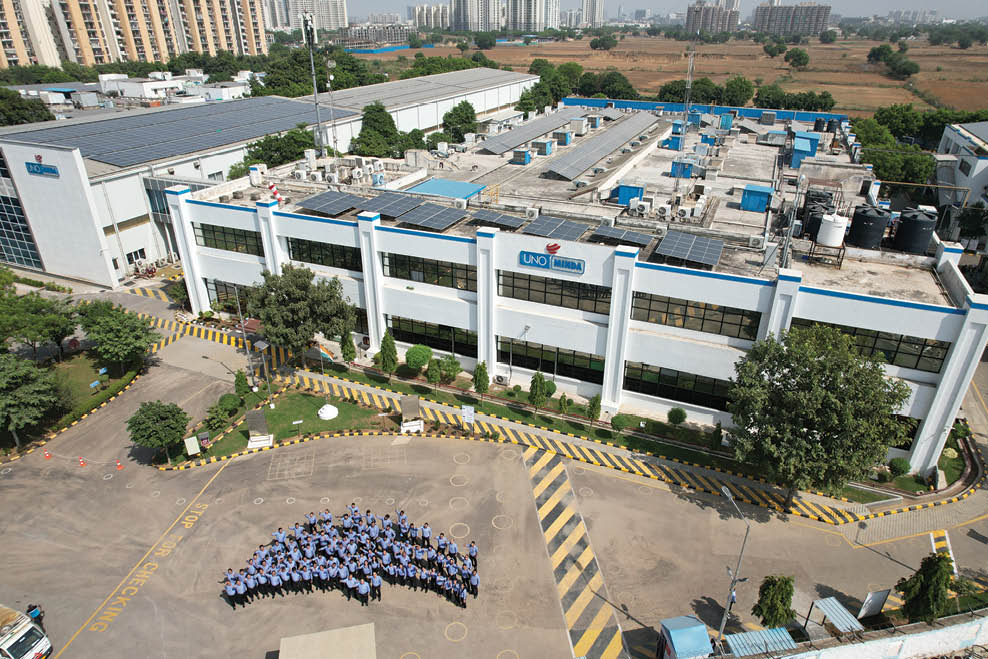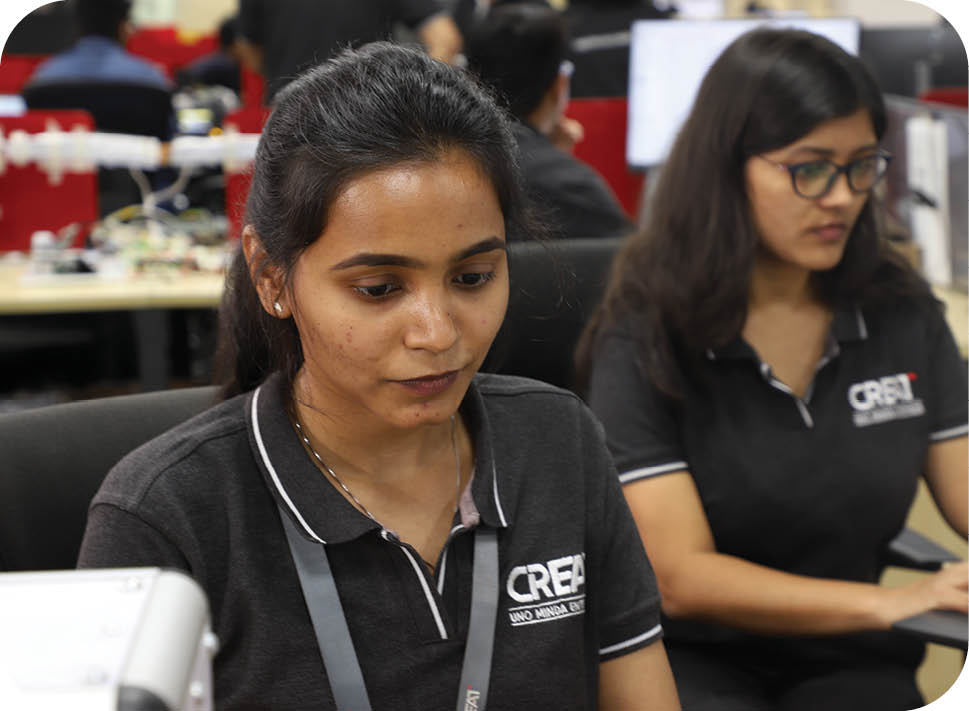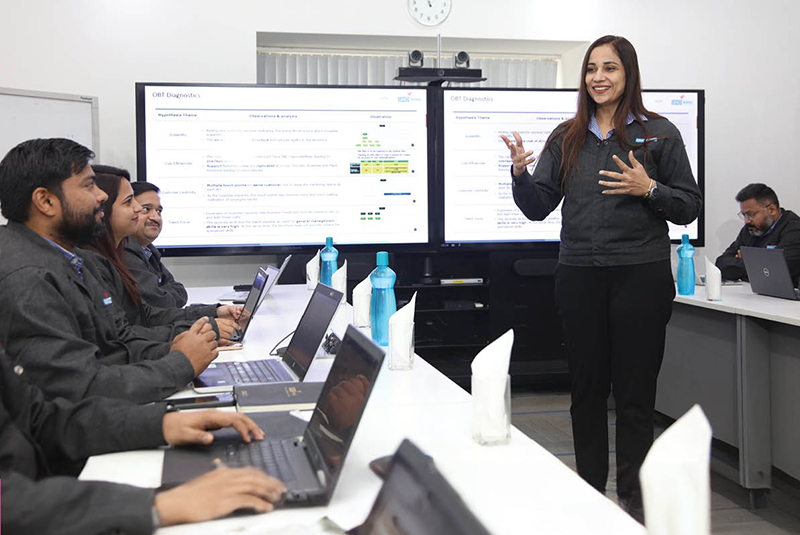At Uno Minda Group, we are committed to giving back to society. Our Corporate Social Responsibility (CSR) initiatives are carried out through the Suman Nirmal Minda Foundation (SNMF), the dedicated CSR arm of Uno Minda Group. Our efforts focus on key thematic areas: education, skill development, preventive and curative healthcare, and community development and well-being. These initiatives primarily benefit women, children, youth, adolescent girls, and underserved sections of society.
We follow a structured framework to plan and implement our CSR initiatives. Our approach begins with need identification within the community through baseline surveys, interviews, and focus group discussions. Based on the findings from these assessments, we plan and strategise our programmes to meet the specific needs and feasibility of the community. We ensure continuous monitoring and review of our programmes through an effective monitoring framework, allowing us to measure impact and make necessary adjustments for maximum benefit.
We achieve this by fostering collaboration among diverse social stakeholders, which leads to the emergence of innovative ideas. The knowledge gained from these experiences further enhances innovation within our core business. Our projects are designed to contribute to the achievement of the United Nations' Sustainable Development Goals (UN SDGs), particularly SDG 4 (Quality Education), SDG 5 (Gender Equality), SDG 8 (Decent Work and Economic Growth), SDG 10 (Reduced Inequalities), and SDG 17 (Partnerships for the Goals).
Our long-term goal is to create sustainable livelihood opportunities and promote quality, value-based education, positioning ourselves as a leader in social development initiatives for our stakeholders.















